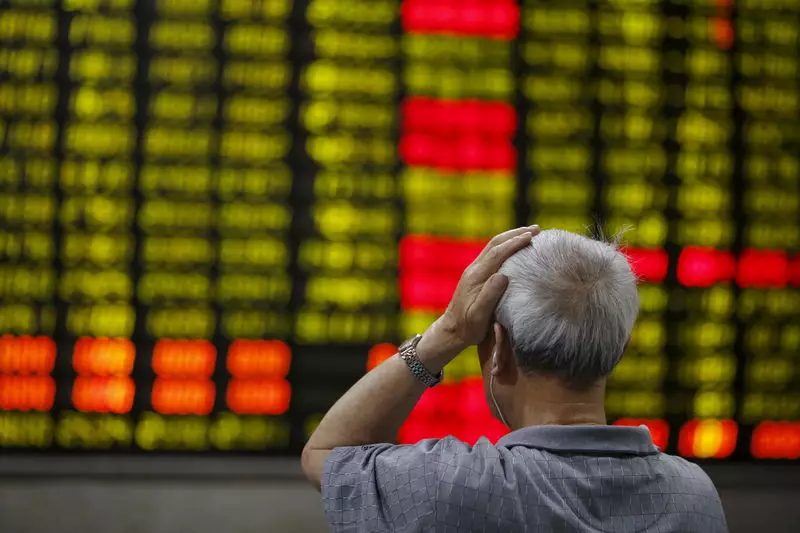The impact of higher-for-longer U.S. interest rates was felt across Asian stock markets on Wednesday, with Japanese and Australian stocks leading the losses. This negative sentiment was fueled by fears of prolonged U.S. interest rate hikes, as investors awaited the conclusion of a Federal Reserve meeting later in the day.
Japanese Stock Market Performance
Japan’s Nikkei 225 and TOPIX index both experienced a decline of 0.7% each, with heavyweight technology stocks mirroring the losses seen in their U.S. counterparts. The volatility in the yen further contributed to investor wariness, as the currency rebounded sharply from recent lows, potentially indicating government intervention to stabilize its value.
Meanwhile, Australia’s ASX 200 index fell by 1.2%, reflecting broad-based losses in the market. With growing speculations that the Reserve Bank of Australia may consider further interest rate hikes to combat inflation, sentiment towards Australian markets remained constrained.
Analysts from Rabobank predicted two additional rate hikes by the RBA, following higher-than-expected inflation data for the first quarter. While the RBA is anticipated to maintain current rates during its upcoming meeting, there are speculations that the bank could adopt a more hawkish tone in its messaging, which could impact market sentiments.
Global Market Focus on Federal Reserve Meeting
The broader financial markets were eagerly awaiting the outcome of the Federal Reserve meeting, where the central bank was expected to keep rates unchanged. However, Federal Reserve Chair Jerome Powell’s commentary could potentially shift towards a more hawkish stance in response to recent inflation readings that exceeded expectations.
The interplay between U.S. interest rates and global economic factors continues to influence Asian stock markets, creating a sense of uncertainty and volatility among investors. As central banks navigate the delicate balance between economic growth and inflation, market participants will need to closely monitor policy decisions and market reactions to make informed investment decisions.

